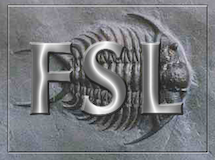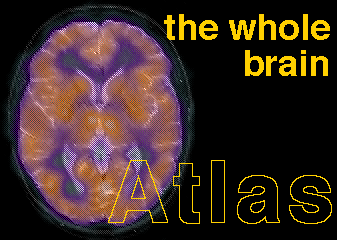24 results.
FSL
Visit Website
The FMRIB Software Library, abbreviated FSL, is a software library containing image analysis and statistical tools for functional, structural and diffusion MRI brain imaging data.
FSL is available as both precompiled binaries and source code for Apple and PC (Linux) computers. It is freely available for non-commercial use.
HPA Brain Atlas
Visit Website
The Human Protein Atlas (HPA) is a Swedish-based program started in 2003 with the aim to map all the human proteins in cells, tissues and organs using integration of various omics technologies, including antibody-based imaging, mass spectrometry-based proteomics, transcriptomics and systems biology. All the data in the knowledge resource is open access to allow scientists both in academia and industry to freely access the data for exploration of the human proteome.
"The Brain Atlas explores the protein expression in the mammalian brain by integration of data from three mammalian species (human, pig and mouse). Transcriptomics data is combined with antibody-based protein localization in human samples and whole mouse brain. Protein-coding human genes (and one-to-one orthologues in pig and mouse) is provided with a brain-centric summary page, showing available expression data (mRNA) for brain samples grouped into 10 main brain regions, as well as data for pituitary gland, retina, corpus callosum and spinal cord. Series of sections, representing the whole mouse brain, analyzed for 300 genes are available as large 100 megapixel immunofluorescence images with microscopic resolution to explore the protein location in mouse brain (also summarized into 127 regions of interest). A selection of human localization data is also imported/linked from the Tissue Atlas and summarized on the Brain Atlas. "
Rice NeuroLib
Visit Website
"The Rice Neural Data Library is a archival data storage resource for the big data that modern systems neuroscience experiments gather. No more must you fear that a power surge will wipe out years of experiments. We will safely and securely store your data in the cloud while making it easy to access. What we ask in return is a moderate effort for curation. This facilitates the second aspect of the NeuroLib, facilitating collaborations between experimental and computational neuroscientists."
The Whole Brain Atlas
Visit Website
"The Whole Brain Atlas is an online resource for central nervous system imaging developed by Keith Johnson, MD, and Alex Becker, PhD. It is jointly supported by the Brigham and Women's Hospital Departments of Radiology and Neurology, Harvard Medical School, the Countway Library of Medicine, and the American Academy of Neurology. The site has six main sections: (1) a neuroimaging primer for those with limited knowledge of the imaging vocabulary; (2) a normal anatomy atlas; (3) cerebrovascular disease; (4) neoplastic disease; (5) degenerative disease; and (6) inflammatory disease."
NeuroFedora
Visit Website
"NeuroFedora is an initiative to provide a ready to use Fedora based Free/Open source software platform for neuroscience. We believe that similar to Free software, science should be free for all to use, share, modify, and study. The use of Free software also aids reproducibility, data sharing, and collaboration in the research community. By making the tools used in the scientific process easier to use, NeuroFedora aims to take a step to enable this ideal. NeuroFedora in its current form was started on September 30, 2018."


